LET’S BE FWENDS ISSUE #41:
I MADE A TERRIBLE, TERRIBLE MISTAKE!
_“The problem with quotes found on the internet is that they are often not true.”
~ Abraham Lincoln_

I made a terrible mistake.
Well, ok, not terrible. More like terribly common. I misattributed a quotation.
How do misattributions happen?
In my last newsletter, I used a semi-famous quote by the very famous austrian author, journalist, political activist, commentator and generally fantastic Karl Kraus: ‘Die Lage ist hoffnungslos, aber nicht ernst.’ (‘The situation is hopeless, but not serious’) It’s a great play on words and makes fun of the austrian tendency to over-dramatise not very serious situations and at the same time down-play very serious ones. In any case, we like to go for the extreme.
A friend pointed out on Instagram that it wasn’t Karl Kraus who said that.It’s most likely that it was Alfred Polgar who used it in a play.
So, what happened here?
According to wikiquote, there are at least five ways a text can me misattributed:
- innocent errors in translation or restatement of an original quote
- incorrect identification between two authors of similar quotes
- use by a later author of a quote actually by an earlier author
- slander of the purported author by attributing detestable comments to that author
- overzealous defense of a belief by attributing statements in support of that belief to an authoritative figure
With all the motivational, inspiring, and thoughtful quotes floating around the internet, the most common reason appears to be the last one: Inflating an idea and shielding it from criticism by attributing it to some famous, and mostly uncontroversial person.
Like Albert Einstein, or another historic person widely considered to be very successful. Because if you’re successful, you must be smart. And if you’re smart, what you say must be true. It is a logical fallacy called ‘argumentum ad verecundiam’.
This whole idea of authority is interesting, because authority can so easily spill over other areas.
Say, you might be inclined to believe something Albert Einstein said about physics. After all, he is one of the most famous physicists of all times. But what would make you believe things he said about psychology or religion?
Because you’re very very good at one thing appears to give you such an aura of success and genius, that everything you say and do seems credible, even in fields where you have zero expertise.
Misattributed quotations are such a widespread phenomenon that one person even set out to write a book about them.
And just how widespread is ‘widespread’, exactly? Well, here’s a list of 10 famous quotations that are commonly misattributed to wet your appetite.
And here’s an even more comprehensive list by wikiquote, who I suppose have quite a bit of experience with that sort of thing.
So, although some misquotations happen because someone makes an honest mistake or even tries to slander someone (we’ve seen these sorts of attacks on political opponents), most of the misattributions you see on the internet seem to be some sort of Argument ad Verecundiam, the dressing-up of a thought with the name of a famous person to give it some sort of authority.
I cannot say if this is true for the quote I misattributed to Karl Kraus because the original author is himself an accomplished author (although probably not as widely known as Kraus), but it might well be.
The first real attack on blockchain technology just happened
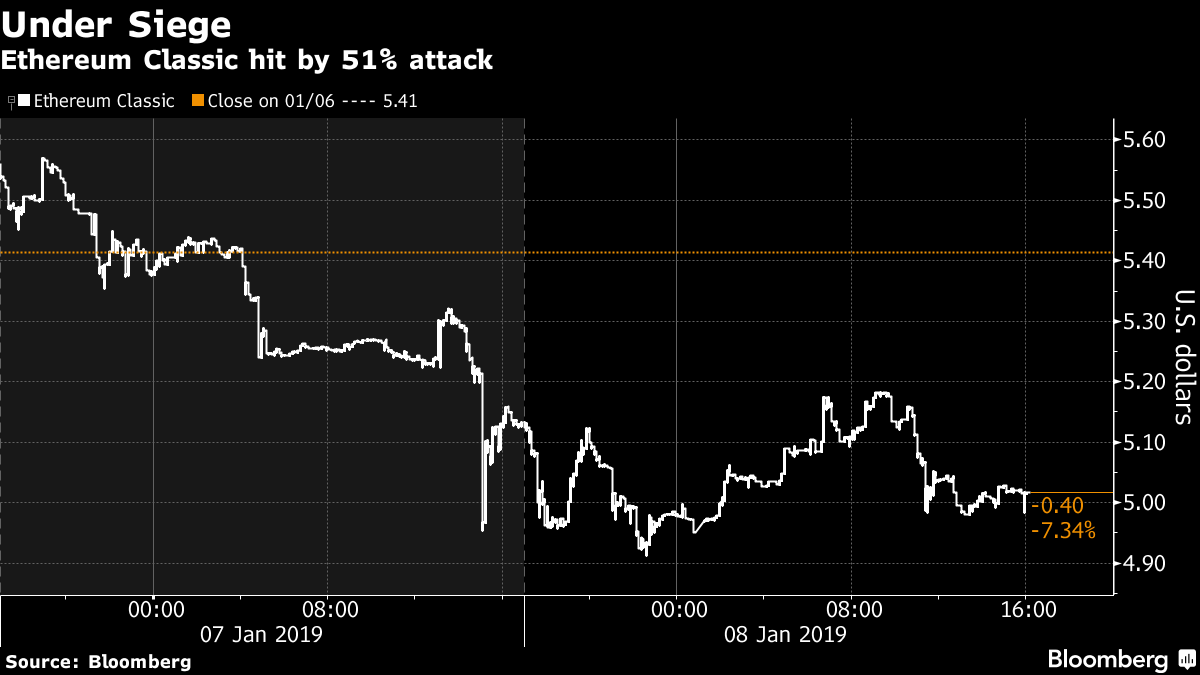
Somebody’s having a rough start into 2019. Bloomberg
This so-called “51%-Attack” was carried out by exploiting a weakness in the concept of blockchains itself: Whoever owns more than half of all the computing power in the network can re-write history. The interesting thing about this is that it is not a hack, or a attack based on a hardware or software flaw. This attack exploited a conceptual weakness of blockchain technology for which there is no solution (for now).
Facebook built an AI chip

_Source: Intel_Well, ok, that’s kinda click-baity. Intel built the chip, but Facebook is partnering with them in order to provide a new-generation neural-network chip for all kinds of AI-based tasks like media search. The idea: Bring cheaper AI-capabilities to everyone.
How does modern age criminal HR look like?
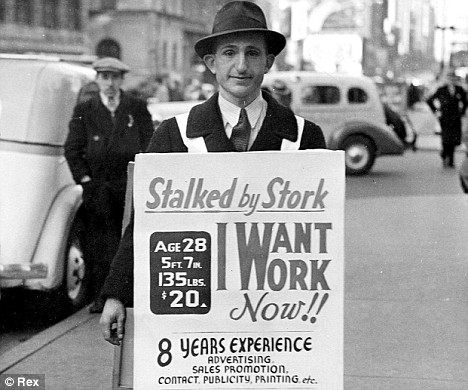
A lot like regular off-the-mill HR, apparently.
Dark Overlord, a criminal organisation specialising in hacking and blackmailing corporations and national governments, is looking for new members. So they published four job openings on the internet.
What kind of person are they looking for? In order to be the next member of a global cybercriminal operation you:
- Must have at least 10 years of working experience, 5 of which in a team-based corporate environment.
- Must have strong work ethics (I love that one)
- Must also think that live is too short to not be rich.
- Must be able to think outside the box and innovate
- Must be good on documentation and reporting
- Should speak more than one language (german, arabic or chinese are a plus)
Pretty much the same person everyone else is looking for.
What do cars do to cities?
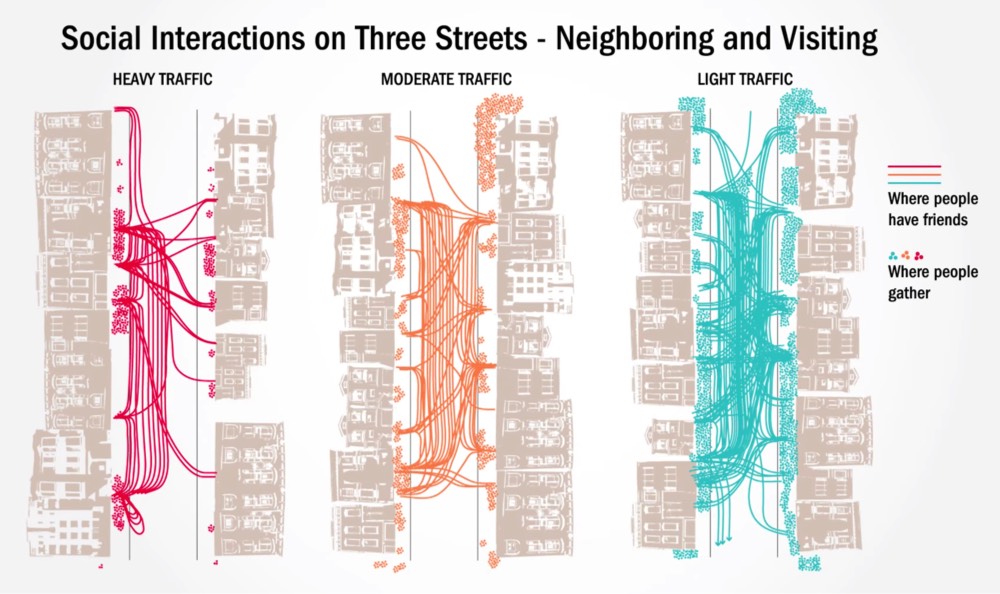
Unbiased research
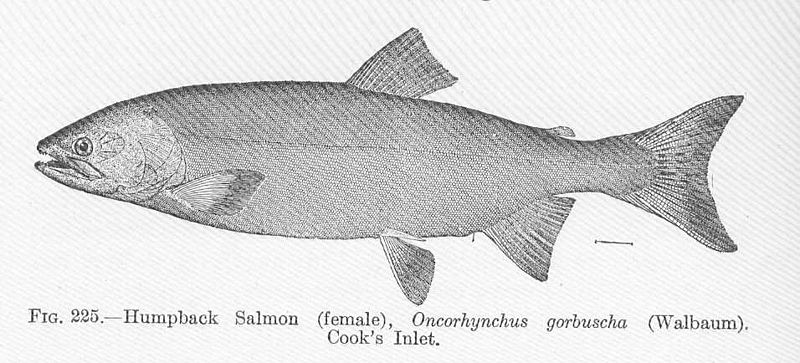
One of the promises Big Data research made was getting rid of one of my favourite fallacies: The Texas Sharpshooter.
Imagine you take a gun and shoot multiple times at a barn door. Then you approach the door, and look for the area with the most impact holes. Then you paint a bullseye over that area and call yourself a talented shooter.
That’s a texas sharpshooter. More generally speaking: Finding interesting patterns and anomalies in stuff that already happened.
Usually, this doesn’t work well, mostly because we have lots of biases and assumptions about that data and what it means.
Big Data on the other hand promised to be bias-free, and could unearth truths about things we are unable to see because of our biases and filters.
But it look like algorithms are just as susceptible to the Texas Sharpshooter fallacy as humans are, finding irrelevant patterns in all sorts of stuff, even in the brainwaves of dead salmon.
The End is near. Would people who know about it tell us?
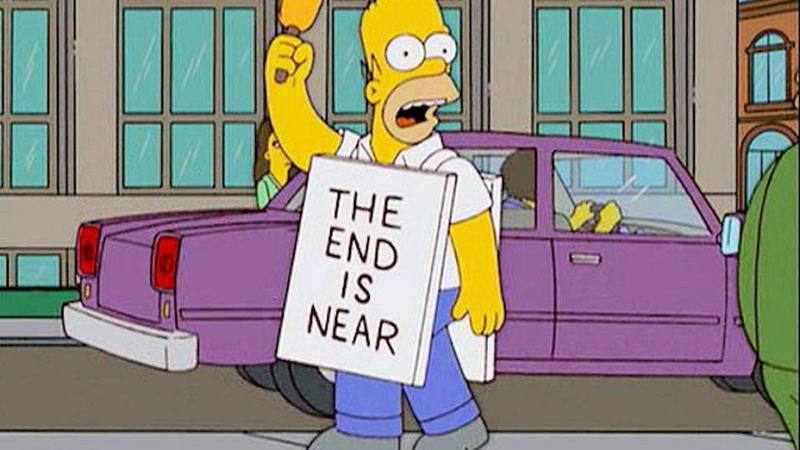
They probably would.. But would it matter?
And actually, they are telling us. Have for years. Nobody listens.
Maybe that’s because climate change doesn’t feel “real” because it is happening so slowly. Maybe it’s because one of our strengths as a species - adaptability - is also our greatest weakness: We rely on our ability to adapt to slow change so much that we ignore looming doom.
That scenario reminds me of Neil Stephenson’sSeveneveswhich opens with one of the most remarkable sentences I read in a book:
“The moon blew up without warning and for no apparent reason”
Maybe even when faced with imminent, total and unavoidable destruction, we just shrug our shoulders and carry on.
That skill

Whoever is sitting in this helicopter, I want those people on my team.
Cycling in Winter
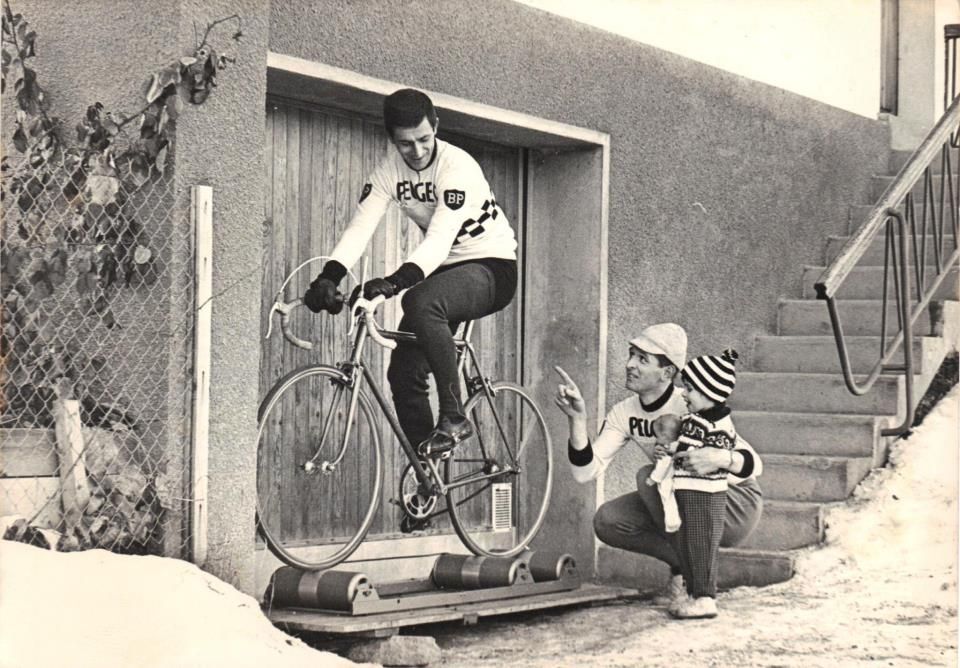
_“It never gets easier it just takes longer.”
~ Greg Lemond, on indoor training (misattributed)_
Wow, another long one. Did you just scroll down here to see the end, or did you actually read what was written above? If so: High-fives to you, good madam/sir! And if not, well, high-fives to you, too, you busy scrolling person! You all rock! 👊🏽
Subscribe to Let's be Fwends